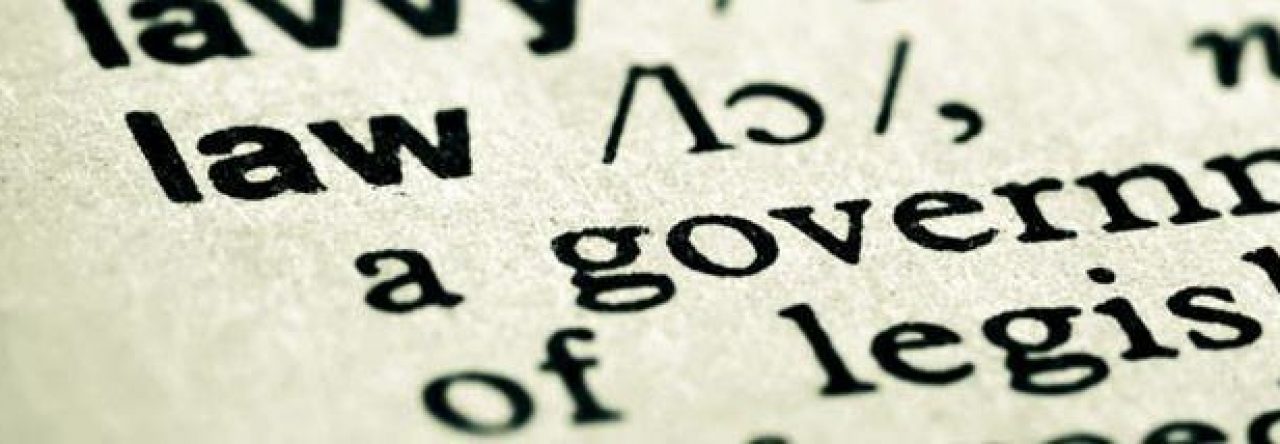Facebook, unarguably one of the biggest overlords of cyberspace, has proposed a cryptocurrency: Libra.
That’s interesting. Why Facebook? What’s happening?

As cyberspace became more and more populous, the question arose who is best equipped to regulate things there. That’s an issue because the traditional regulators of the physical world – states – are lame ducks in cyberspace. The strong arm of the state doesn’t extend to virtual territory. As a consequence, any regulation of behaviour in cyberspace by states is but indirect, via state territory, as always.
In cyberspace, not states but its strongest inhabitants – Facebook, Google and the like – impose direct regulations, at least over the vast cyber territory which they dominate. This exercise of power didn’t convert these inhabitants to governments in the traditional sense, but for want of state power in cyberspace it did turn them into some kind of ruling class.
Now, the announcement of Libra.
Equilibrium
Before we forget: the original libra was a pair of scales suspended at equal distances from a fulcrum. One scale would contain something of unknown weight, so you would add known masses to the other plate until you reach static equilibrium and both scales level off. This would happen when the masses on both scales are equal.
Will Libra be something like that?
It’s not known where money comes from. It’s there or it’s not there. Most of the time, it’s not there.
Kurt Tucholsky
Reactions
A few days after Facebook’s announcement, the US House of Representatives Committee on Financial Services asked Facebook to put Libra on hold. The US Congress needed time, it said, to investigate the possible risks Libra posed to the global financial system and to the US dollar as the anchor currency of the world.
There doesn’t seem to be an official statement from the European Union or the Eurogroup yet, but Bruno Le Maire, the French minister of finance, declared Libra must not become a sovereign currency.
Sovereign. Why would he say that?
A Sovereign of Cyberspace?
Historically, the right to issue and regulate currency, known as the right of coinage, was one of the exclusive privileges of a sovereign, along with the right to impose and regulate tariffs – or taxes.
Is Facebook a sovereign of cyberspace?
For sure it acts like one. Its announcement of Libra is a pretty sovereign move.
At first glance, Libra comes along like yet another private cryptocurrency, similar to Bitcoin, Ethereum or altcoin. But unlike other private currencies, which do this out of necessity, Libra doesn’t target but relatively few users. Rather, it’s designed to be a currency for everyone. And unlike other private currencies, Libra won’t be decentralised. There’s a body called the Libra Association to oversee it (in the legal form of a Swiss Verein, thus not within immediate reach of US and EU regulators). To oversee means the Libra Association is to assume central bank functions. One of the functions of a central bank is to manage money supply, the total value of money available in an economy at a specific time.
In other words, in announcing it would issue and regulate, through the Libra Association, a currency for cyberspace, Facebook claimed a privilege which, historically, states (or their precursors) have claimed as sovereigns.
Making news at the moment are the apprehended repercussions of this on currencies in the physical world. This seems to worry US Congress and some European finance ministers. But these repercussions aside – is Facebook attaining some kind of cyber statehood here?
Cyber Statehood?
If Libra is successful, will Facebook come up with the idea of exercising more sovereign rights? For example, the right to impose and regulate tariffs? Or the right to impose taxes (payable, say, in Libra)?
How would we take that? Would we be alright with it? ‘Render unto Caesar the things that are Caesar’s’? Or would we exclaim ‘no taxation without representation’?


Leave a Reply